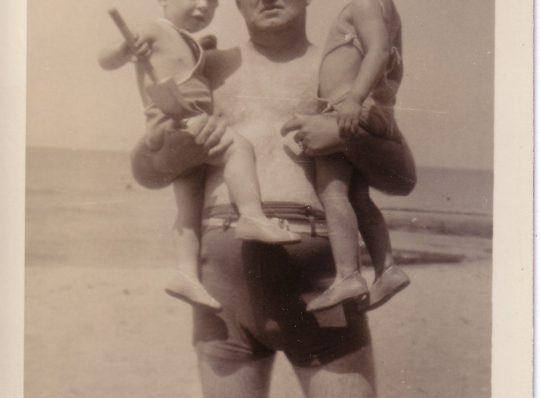A habit is a constant, often unconscious inclination to perform some act, acquired through its frequent repetition. If the habit is objectionable, we call it a "bad habit".
It's possible to control your habits and make a positive change in as little as 30 days. Focus on one habit at a time.
Caregiving bad habits often lead to increased stress and sometimes, even to elder abuse.
Elder abuse often starts as psychological abuse. If a caregiver doesn't properly deal with her/his stress, they may start to wreak havoc by means of threats, fear, humiliation, fear, manipulation, or other bad conduct. This may include frequent harassment, criticizing, insults, or denigration.
It is important to be aware of any signs that you may be heading in the wrong direction.
Some of the signs include:
1. Trying to do too much, resulting in not getting anything done
2. Doing the wrong thing, regularly
3. Procrastination, everyday
4. Having no clear cut goals
5. Improper or no planning
6. Not completing tasks
7. Negative self talk
8. Guilt trips
9. Lax hand washing
10. Holding in, or offering no support
11. Smoking
12. Drinking too much
13. Junk food, poor diet
14. Emotional eating
15. Too much caffeine
16. Compulsive spending
17. No time off
18. Sleep deprived
19. Constant bad temper
20. Can't or won't delegate
21. Disorganized
22. Holding breath
23. Can't prioritize
24. Time management problems
25. Can't make a decision
Take an honest inventory of yourself. Make it a point to correct those bad habits. Habits are a matter of self-control. When you break bad habits you will be much more successful.
Here are 25 ways to reduce or diffuse stress which will, in turn, help alleviate bad habits.
1. Be honest about your bad habits and stress level.
2. Give your care-receiver a hug every day.
3. Do something nice for yourself each week.
4. Remember to breathe deeply.
5. Take a few minutes each morning to repeat an affirmation or focus on calmness.
6. Take at least a 20 minute brisk walk every day.
7. Choose 1-2 people to whom you can vent your frustrations. You need a good listener.
8. Choose to be happy.
9. Before you go to bed each night, review your day, and let go of the bad stuff.
10. Relax with a cup of tea.
11. Listen to your favorite music to relax.
12. Count your blessings
13. Be assertive with a smile on your face.
14. Keep a journal.
15. Try aromatherapy. Spritz some lavender on your pillow.
Being a caregiver is one of the most difficult jobs you can ever have. It is important to take good care of yourself so you can take good care of the care-receiver. It becomes even more critical the longer you are a caregiver. Put the odds in your favor and keep those habits in check.
--Rebecca Colmer
Rebecca Colmer is an Eldercare Advocate, Author, Speaker, Publisher, and Caregiver Expert. You can find more caregiving tools and resources at her website: Caregiving Tools
Article Source: http://EzineArticles.com/?expert=Rebecca_Sharp_Colmer







1 Response